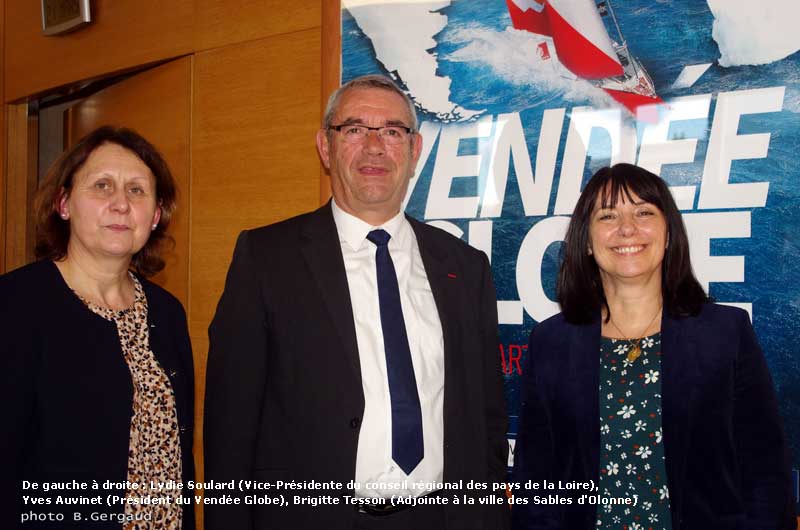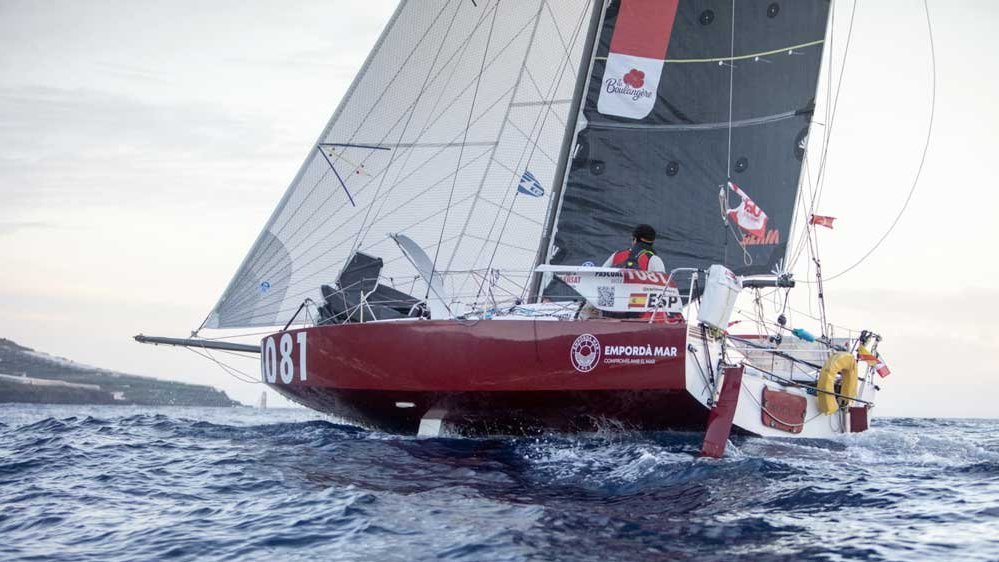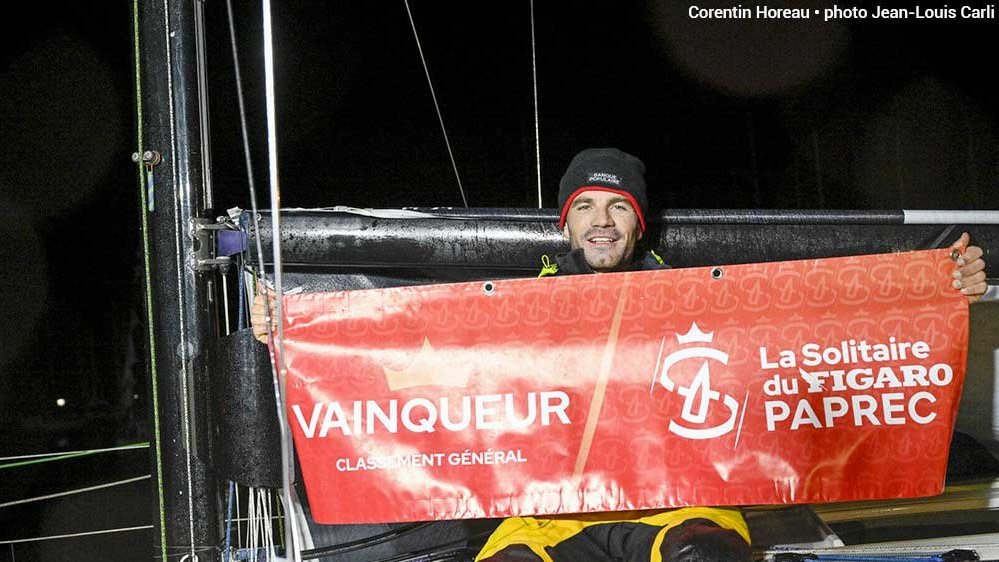Offshore racing
Vendée Globe 2016-2017 : a hugely popular event and media success
mercredi 22 mars 2017 –
Toutes les versions de cet article : [English] [français]
The results of the 2016-2017 Vendée Globe show huge increases everywhere : many more people attending the event, unprecedented media coverage and feedback, a record level of international coverage without talking about the very positive race outcome in terms of the rankings. With 29 skippers lining up, 18 were ranked, which is a record number in the history of the Vendée Globe.
With 29 skippers setting sail and 10 nations represented, the 8th Vendée Globe offered a wide range of projects, showing once again the increasing interest of the general public for a race, which brings together sporting performance, technological challenge and human endeavour. This Vendée Globe DNA has over thirty years contributed to the legend of the event.
In terms of visitor numbers, the last Vendée Globe beat all the records, with 2,250,000 visitors attending (1.5 million at the start and 750,000 for the finish). An increase of 25% if we compare this number to the 1,800,000 visitors present in 2012-2013. A huge popular success was confirmed, showing that the public are attracted to a race involving top class skippers and adventurers, who have contributed so many amazing stories to the legend of the Vendée Globe.
In terms of the media, the figures for the 2016-2017 race show how the international reputation of the Vendée Globe has grown with each edition, while seeing a strengthening of support in its bastion of France. These good results are largely down to the digital strategy put in place and the development of social media.
I – A first : 18 boats finish with many new records set
On the water, the 8th Vendée Globe was also a huge success. There were no dramas or major accidents. 4 boats were dismasted and one lost (Kito de Pavant’s in the middle of the Indian Ocean).
In terms of the technology, the new foiling monohulls confirmed their efficiency. Four out of seven made it home and three took the first three places on the podium. This result confirms the level of preparation of the IMOCAs ahead of the race and the technological developments aimed at reliability and safety, in spite of the fact that there is bound to be damage in this sort of ocean racing.
1) The outcome of the race : 29 skippers set sail, 18 finished, 11 retired – a look at the damage
Eleven boats were forced to retire after suffering the following damage :
– 5 retired after a collision : Bertrand de Broc (MACSF), Vincent Riou (PRB), Morgan Lagravière (Safran), Thomas Ruyant (Le Souffle du Nord pour le projet Imagine), Kito de Pavant (Bastide-Otio).
– 4 retired after dismasting : Tanguy de Lamotte (Initiatives Coeur), Kojiro Shiraishi (Spirit of Yukoh), Stéphane Le Diraison (Compagnie du Lit - Boulogne Billancourt) and Enda O’Coineen (Kilcullen Voyager Team Ireland).
– 2 retired with other damage : foil damage for Sébastien Josse (Edmond de Rothschild) and damage to the keel ram for Paul Meilhat (SMA).
2) All of the records smashed
The eighth edition was once again a record-breaker, as we can see with the following facts and figures.
The most international line-up : 10 nationalities represented at the start (France, GB, USA, Spain, Hungary, New Zealand, the Netherlands, Switzerland, Ireland, Japan)
The fastest Vendée Globe ever : 74 days, 3 hours, 35 minutes and 46 seconds. Armel Le Cléac’h sailed around the world at an average speed of 13.8 knots and took four days less than the race record set in 2013 by Francois Gabart.
The fastest sprint : with a record distance of 536.81 miles in 24 hours (average of 22.4 knots), Alex Thomson (Hugo Boss) took the 24-hour solo monohull distance record.
The Equator record for Alex Thomson (Hugo Boss), in 9 days 7 hours 2 minutes, or 1 day and 4 hours better than Jean Le Cam’s record set in 2004.
The Cape of Good Hope record for Alex Thomson, in 17 days 22 hours 58 minutes, or five days better than Armel Le Cléac’h’s record from 2012.
The Cape Leeuwin record for Armel Le Cléac’h (Banque Populaire VIII), in 28 days, 20 hours, 12 minutes, or almost six days better than François Gabart’s reference time from 2012.
The Cape Horn record for Armel Le Cléac’h, in 47 days and 32 minutes, or five days better than François Gabart’s reference time from 2013
The Equator record for Armel Le Cléac’h in 61 days 12 hours and 21 minutes, or four days better than François Gabart’s reference time from 2013
Finally, a new race record for the winner Armel Le Cléac’h, in 74 days, 3 hours, 35 minutes and 46 seconds, or four days better than François Gabart’s time in 2013.
 Sea, Sail & Surf news
Sea, Sail & Surf news









